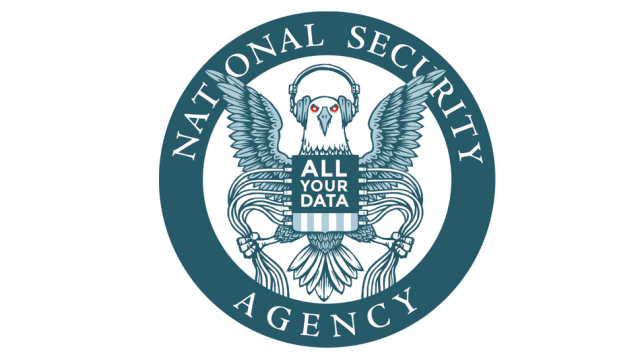Despite a recent ruling that it might be unconstitutional, a U.S. judge ruled on Friday that the NSA’s telephone surveillance program is in fact legal and does not violate the 4th Amendment. Legality is “ultimately a question of reasonableness,” said U.S. District Judge William Pauley.
Pauley did admit, however, that the NSA bulk telephony metadata program “vacuums up information about virtually every telephone call to, from, or within the United States.” No big deal, though, because he says that there’s no evidence that the NSA is actually using this data. He added that the program “represents the government’s counter-punch” to Al Qaeda’s terrorist network.
In fact, Pauley basically says that the whole program is ok because September 11. He doesn’t bother to tone down the Big Brother rhetoric in his opinion, either. Of the NSA’s bulk collection of telephony metadata, he writes:
This blunt tool only works because it collects everything. Such a program, if unchecked imperils the civil liberties of every citizen. Each time someone in the United States makes or receives a telephone call, the telecommunications provider makes a record of when, and to what telephone number the call was placed, and how long it lasted. The NSA collects that telephony metadata. If plumbed, such data can reveal a rich profile of every individual as well as a comprehensive record of people’s associations with one another.
He adds soon thereafter that the court rules that the proper checks are in place. More are apparently on the way, though it’s unclear if they’ll change much.
You can almost hear the Obama administration smirk. Justice Department spokesman Peter Carr said simply, “We are pleased with the decision.” The American Civil Liberties Union, who filed the original suit against the NSA, is most definitely not pleased. [AP]
Update (1:30 p.m.): The ACLU is not pleased. The organisation’s deputy legal director Jameel Jaffer said in a statement:
We are extremely disappointed with this decision, which misinterprets the relevant statutes, understates the privacy implications of the government’s surveillance and misapplies a narrow and outdated precedent to read away core constitutional protections. We intend to appeal and look forward to making our case in the Second Circuit.
Read the full ACLU vs. Clapper Opinion:
